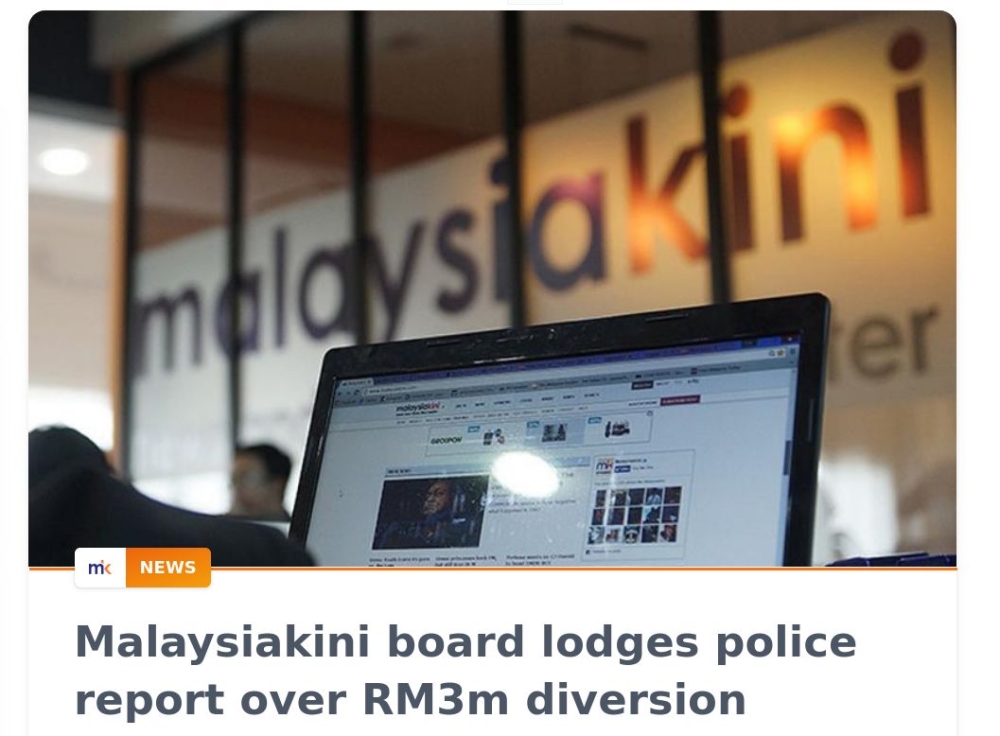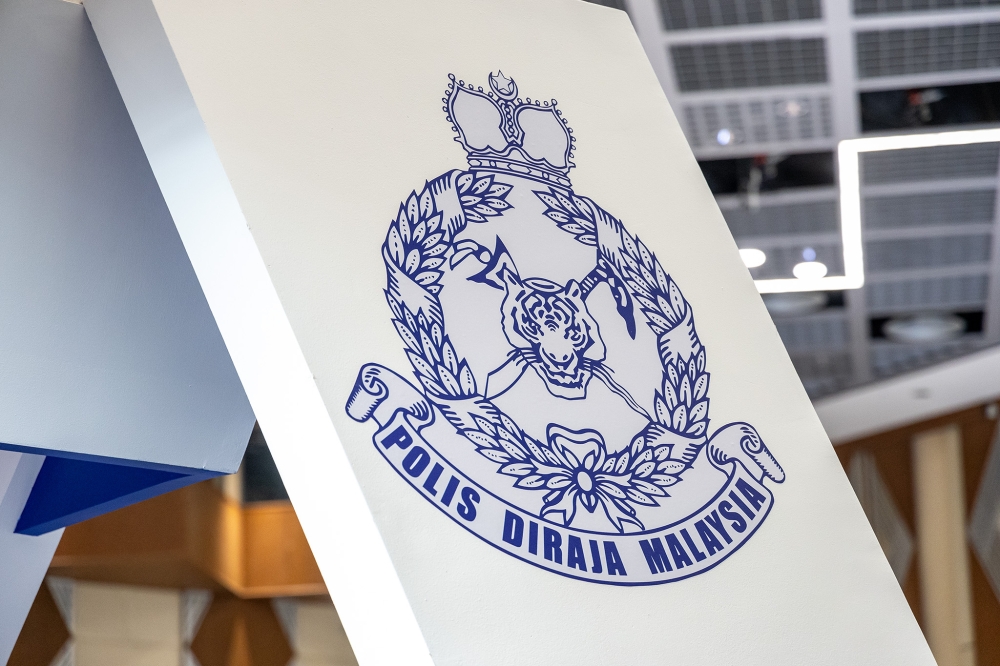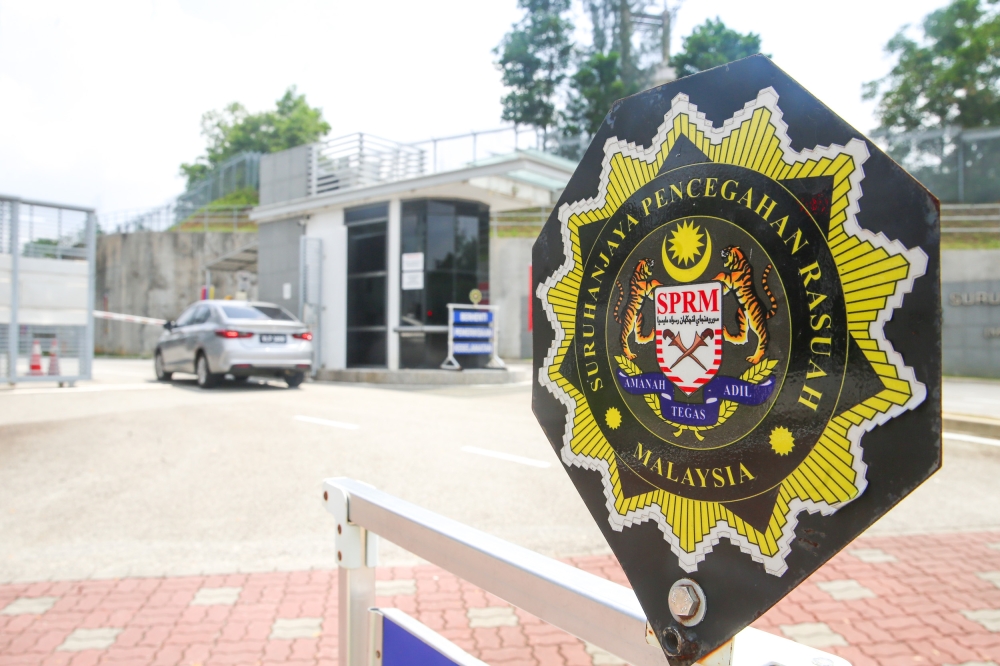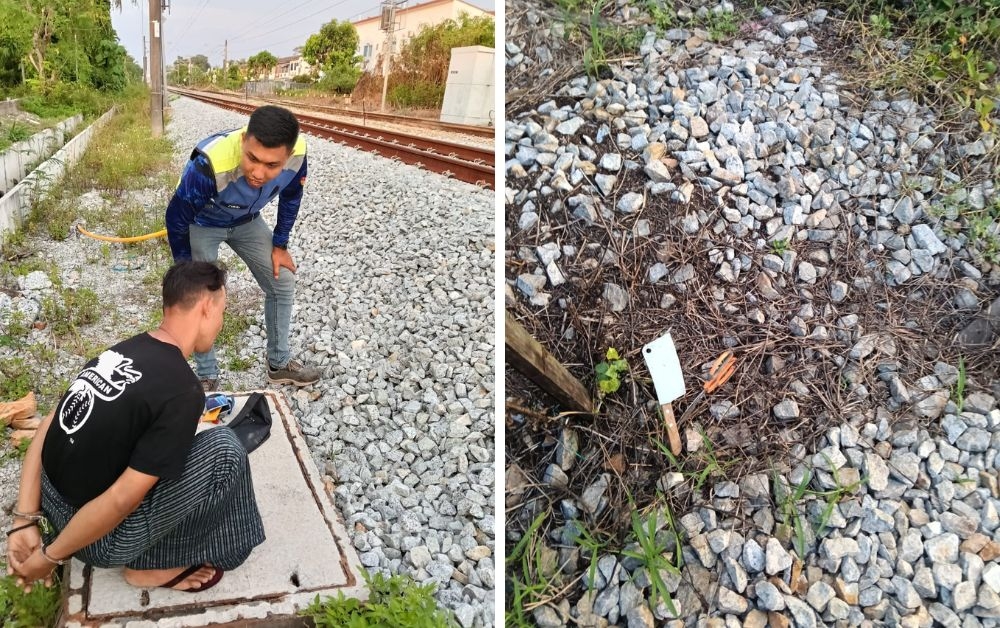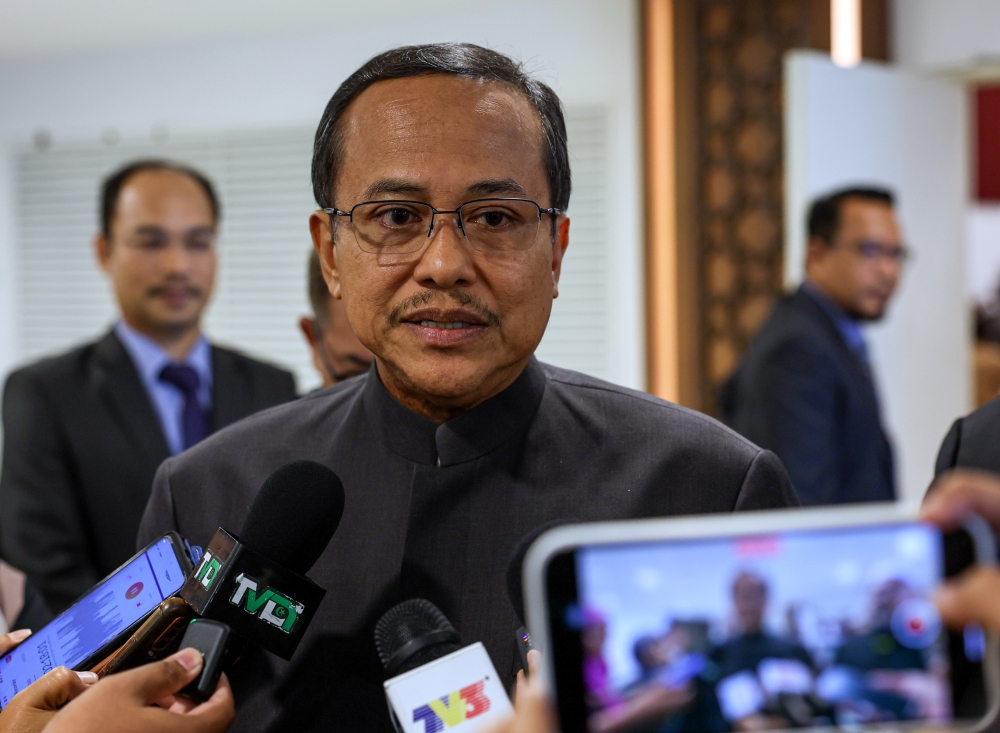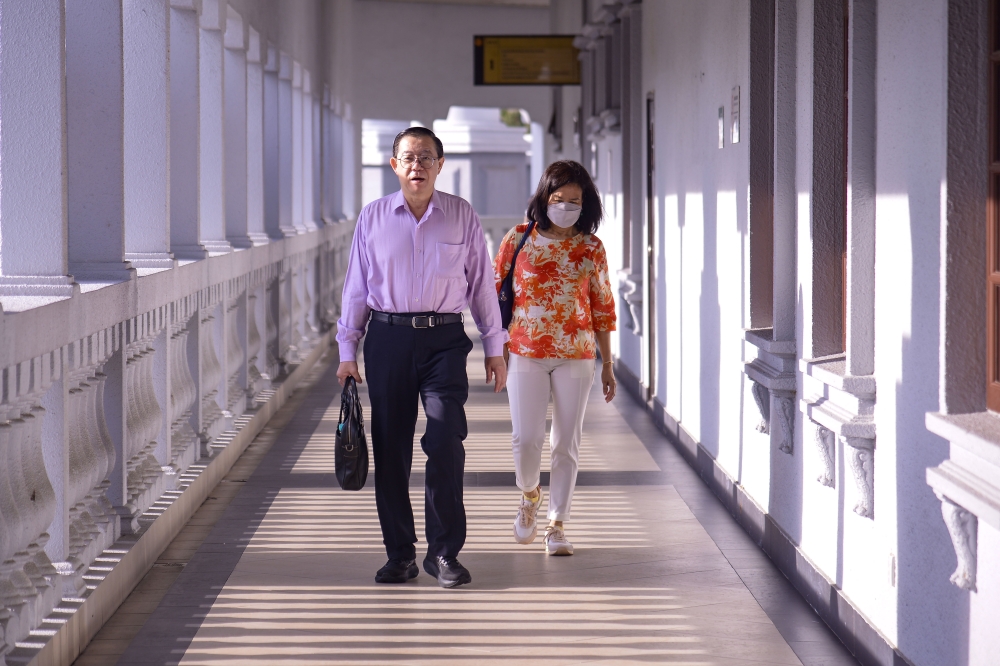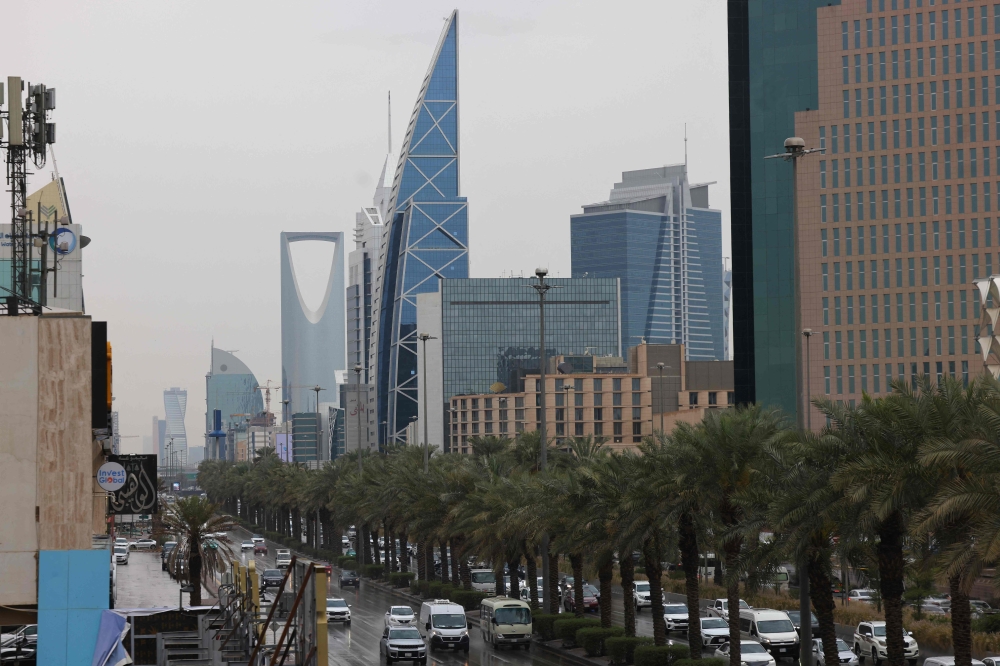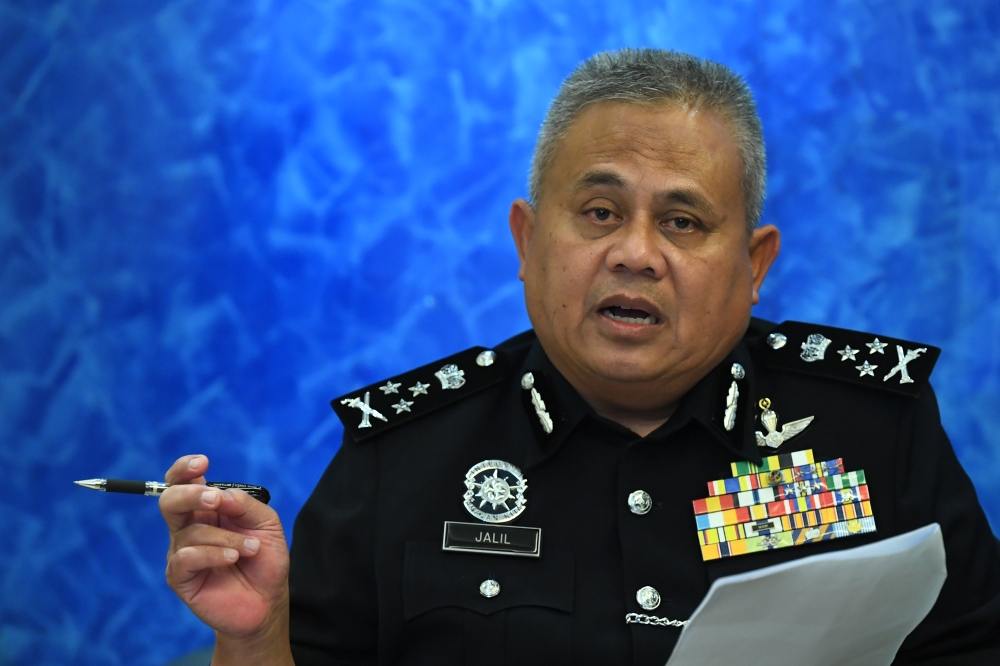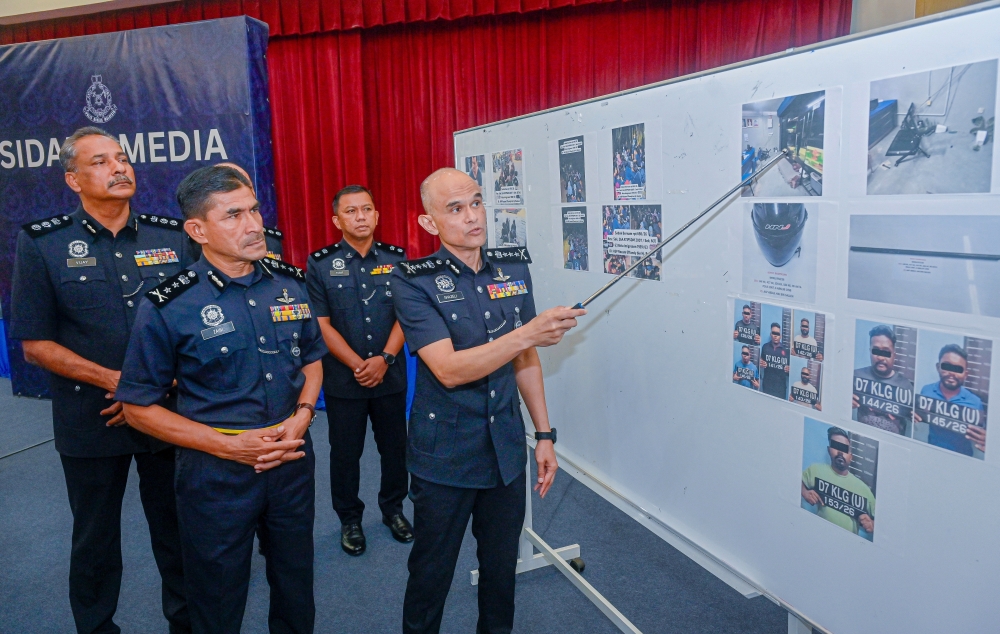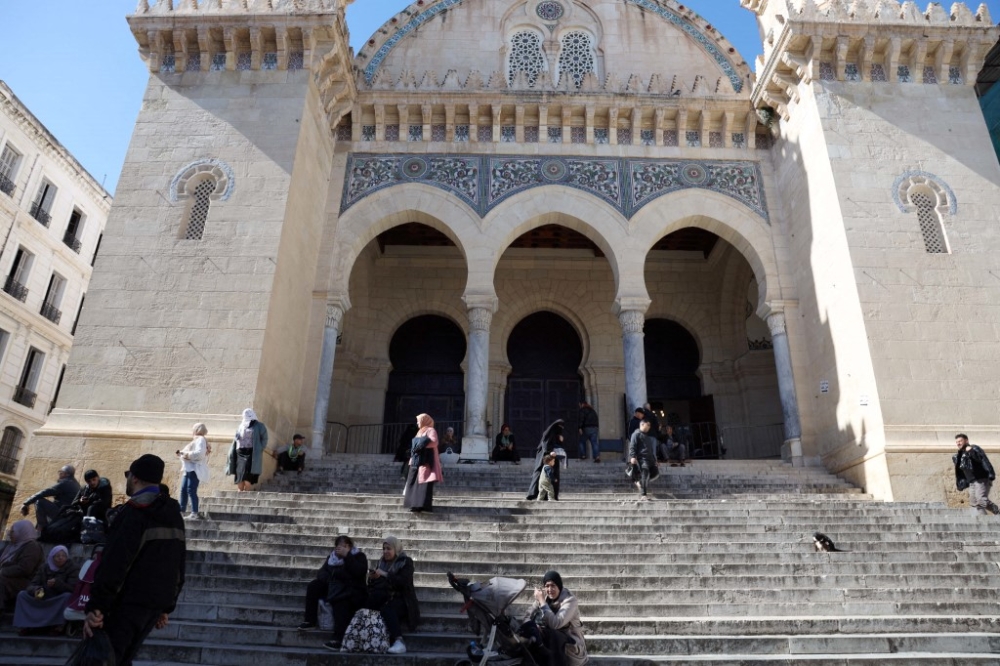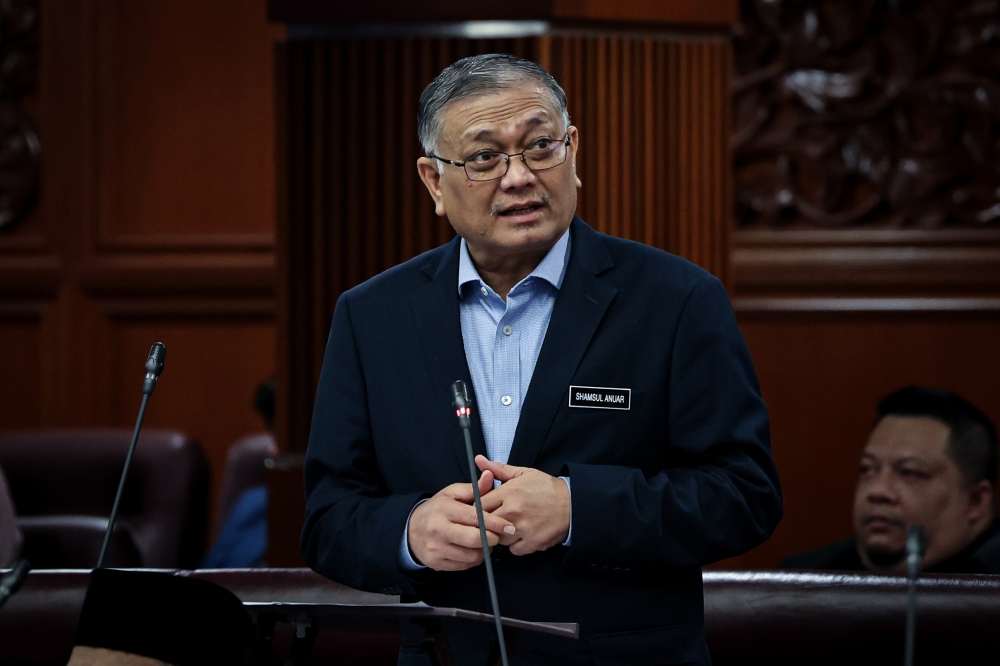SEPANG, Feb 19 — Five stranded Malaysians in Thailand were rescued by Malaysian authorities after falling prey to job scams following a successful meeting with Malaysia authorities and Thailand counterparts earlier this week, Bukit Aman Crime Investigation Department’s director Datuk Seri Abd Jalil Hassan said today.
As of February 18, Abdul Jalil said Malaysian police have received a total of 267 police reports involving 339 victims who were reportedly stranded overseas after having been deceived by syndicates offering their high-paying salaried jobs.
In Thailand, Abdul Jalil said 19 Malaysians were identified as being in Thailand based on statistics and police reports made by families of employment fraud victims in Malaysia, including the five aforementioned rescued.
The five locals rescued comprised four men and one woman in their 20s to 40s.
“During our delegation visit from February 16 to February 19, Thai authorities made a request for all information leading to the whereabouts of job scam victims to be channelled either to Wisma Putra (Foreign Ministry) or the Royal Malaysia Police (RMP).
“Any information channelled through non-governmental organisations will not be entertained for fear of unverified information or jeopardising ongoing investigations.
“Therefore, I am also urging for any information, be it from next-of-kin or victims themselves, channel them to the RMP’s hotline at 03-26101510,” he told a press conference here at the Kuala Lumpur International Airport.
Vowing investigations, Abdul Jalil also gave a stern warning to NGOs attempting to take advantage of the victims’ predicament, but at the same time praising the actions of several others whose information successfully led to the rescue of victims.
He also said authorities have so far tracked down two syndicates in Malaysia posing as legal job employment agencies recruiting Malaysians by offering them wages in US Dollars.
“These victims travelled to Thailand by flight and were given hotel accommodations. After several days, they were then taken to locations close to the country’s border to work at calling centres,” he said.




